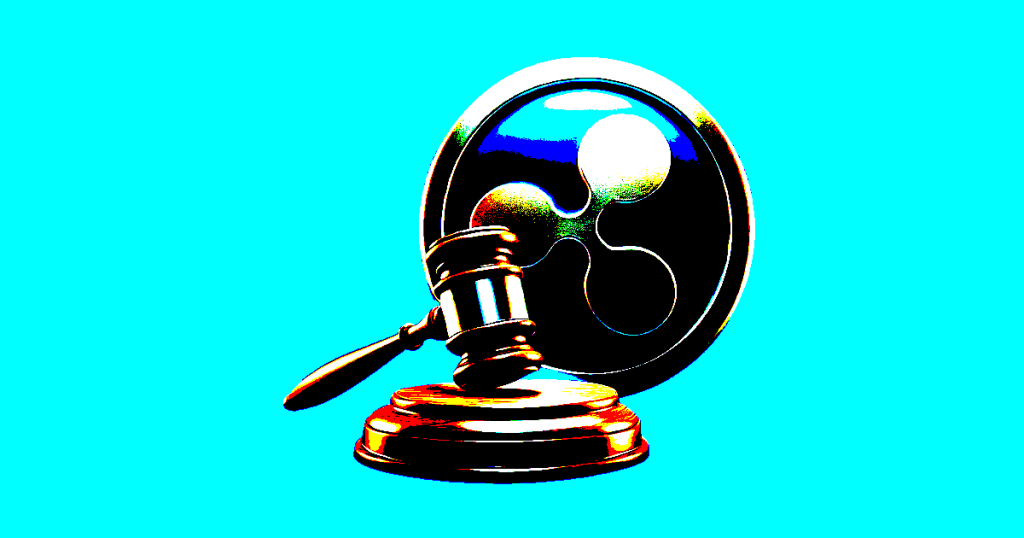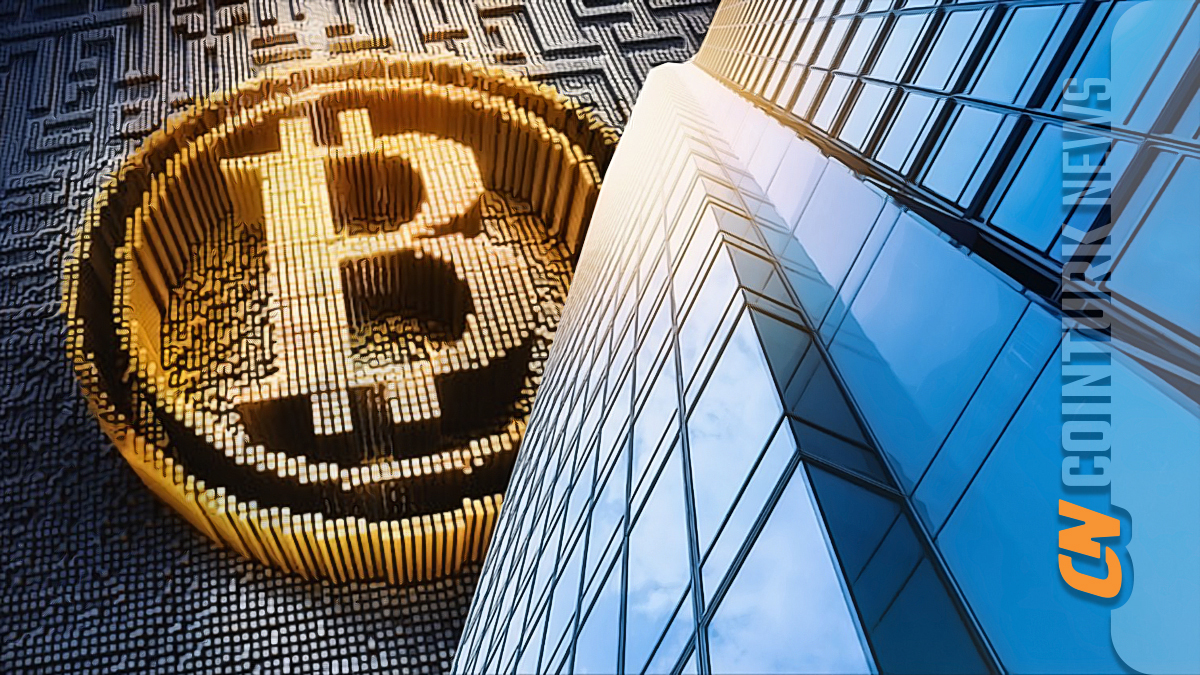Ripple’s Court Win: How Recent Ruling Shields XRP Institutional Sales Amid $125 Mln Fine
The post Ripple’s Court Win: How Recent Ruling Shields XRP Institutional Sales Amid $125 Mln Fine appeared first on Coinpedia Fintech News
Ripple’s ongoing legal battle with the SEC has led to many questions about how the recent court decisions might impact its On-Demand Liquidity (ODL) sales. Meanwhile, Attorney Jeremy Hogan provides insights, suggesting that Ripple’s operations may largely continue unaffected.
Here’s a look at the key points Hogan highlights regarding Ripple’s ability to navigate these legal challenges.
International Sales Remain Unaffected
In a recent tweet post, Hogan points out that the majority of Ripple’s XRP and ODL sales occur outside U.S. jurisdiction, meaning they aren’t impacted by the court’s ruling. However, Ripple can continue these international transactions without interruption.
Additionally, Ripple is permitted to sell XRP to institutions within the U.S. under certain exemptions to registration. Hogan notes that there are several exemptions available, making it feasible for Ripple to comply with regulatory requirements when dealing with businesses.
Judicial Rulings and SEC Challenges
The Judge Analisa Torres’s decision did not grant the SEC the specific language it sought concerning ODL sales. If the SEC believes Ripple has violated the order, it would need to present evidence in a contempt hearing.
This scenario would allow Ripple to argue that there can be no expectation of profits if XRP is held only momentarily, a stance Hogan finds compelling.
Ripple’s legal team has had time to adjust its sales practices following the summary judgment. Hogan suggests that any compliance issues would likely emerge only if the SEC files a contempt motion, which Ripple is prepared to address.
Despite these challenges, Hogan’s analysis suggests that Ripple is well-prepared to continue its ODL sales with minimal disruption.
Ripple Vs SEC Update
Ripple recently received a significant court ruling in its ongoing battle with the SEC. The court ruled that XRP itself is not a security, which was a win for Ripple. However, Ripple still faces a $125 million civil penalty, significantly lower than the $2 billion originally sought by the SEC.
Judge Analisa Torres found that while some of Ripple’s XRP sales were unregistered securities offerings, XRP itself is not classified as a security.
Following this judgment, XRP’s price surged about 27%, reaching $0.63, indicating a positive market reaction.





